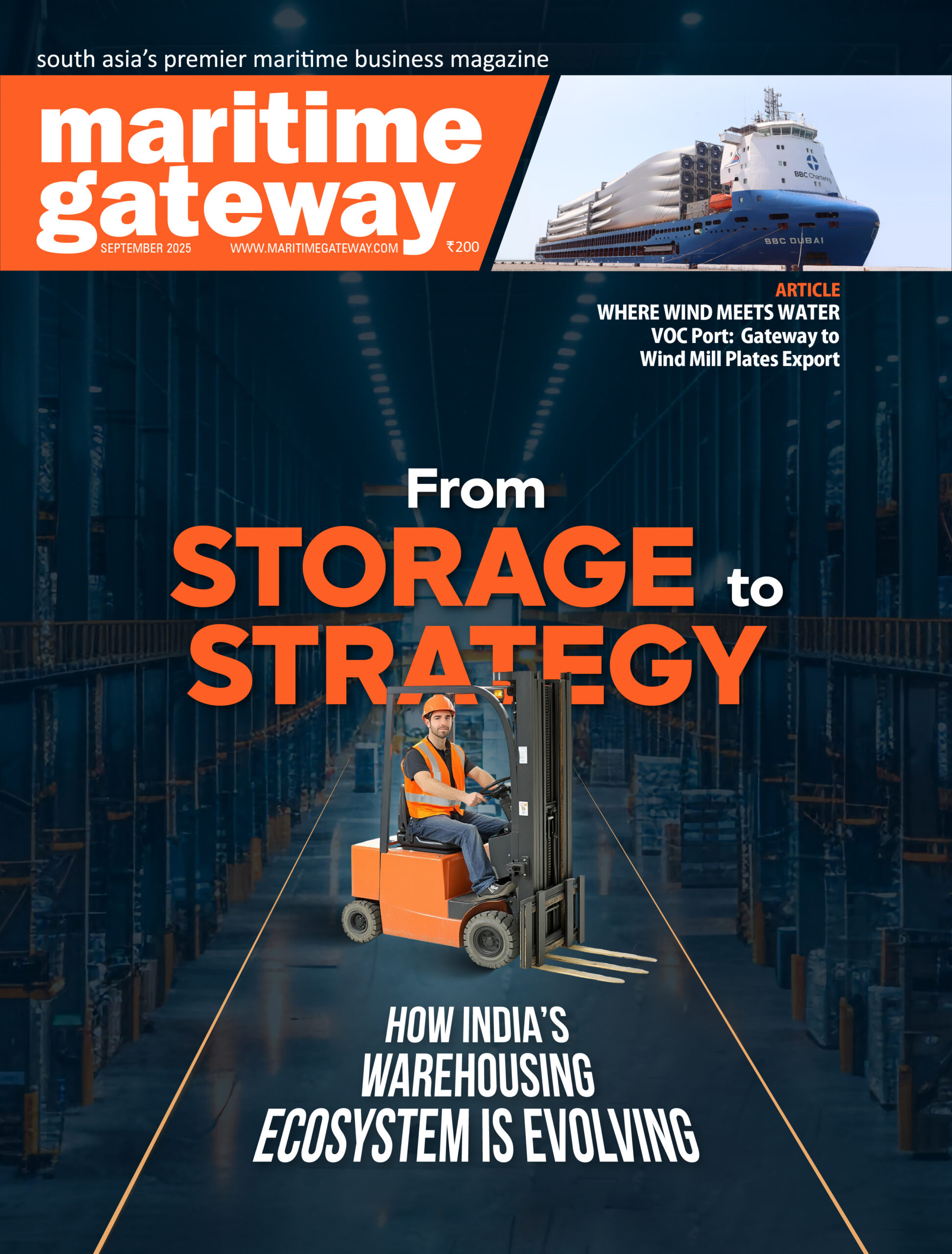Through smart international alliances, India is speeding its maritime aspirations. In Sweden, for example, top Indian officials met with the biggest shipping firm in the world. Under its vision for green and fair infrastructure, the discussion signaled a significant push for sustainable shipping, better international trade routes, and India’s development as a major logistical hub.
During an official visit to Sweden, senior government officials met with the head of the largest container shipping line in the world, marking a significant step towards strengthening India’s maritime and logistical infrastructure. The exchange signaled a reinvigorated effort to advance sustainable, future-ready shipping methods while further integrating India into international trade ecosystems.
The meeting took place against the backdrop of India’s ambitions to become a global logistics and supply chain hub, aligning both with sustainability goals and the country’s strategic economic agenda. Government representatives emphasised India’s readiness to partner in green shipping solutions and develop resilient trade corridors that reduce environmental impact and dependence on carbon-heavy operations.
The world’s leading shipping company expressed keen interest in expanding its footprint in India, citing the country’s rising container traffic, new port developments, and policy reforms that support ease of doing business. The collaboration discussed includes potential investment in sustainable logistics infrastructure, such as cold chain systems and electrified port operations, that would not only reduce emissions but also enhance last-mile connectivity for exports. Industry observers believe such partnerships signal a shift in global maritime power, where India plays a more central role in shaping future supply chains.
This development also falls in line with the government’s Maritime India Vision 2030, a national roadmap designed to modernise port infrastructure, encourage private investment, and implement green technology across India’s shipping ecosystem. The shift reflects a broader commitment to create equitable, smart, and climate-friendly cities where port-driven development uplifts surrounding communities.
The meeting in Stockholm is the latest in a series of high-level interactions aimed at forging stronger links with Europe’s maritime and logistics sectors. India has already seen growing collaboration with Nordic countries in areas like sustainable mobility, circular economy, and digital infrastructure. Maritime experts believe this visit will open doors to long-term cooperation in shipping innovation, port modernisation, and climate action in trade logistics. By anchoring its growth in clean technology and international cooperation, India is shaping a future where trade efficiency and environmental responsibility coexist.










One Response
please l want to join newsletter